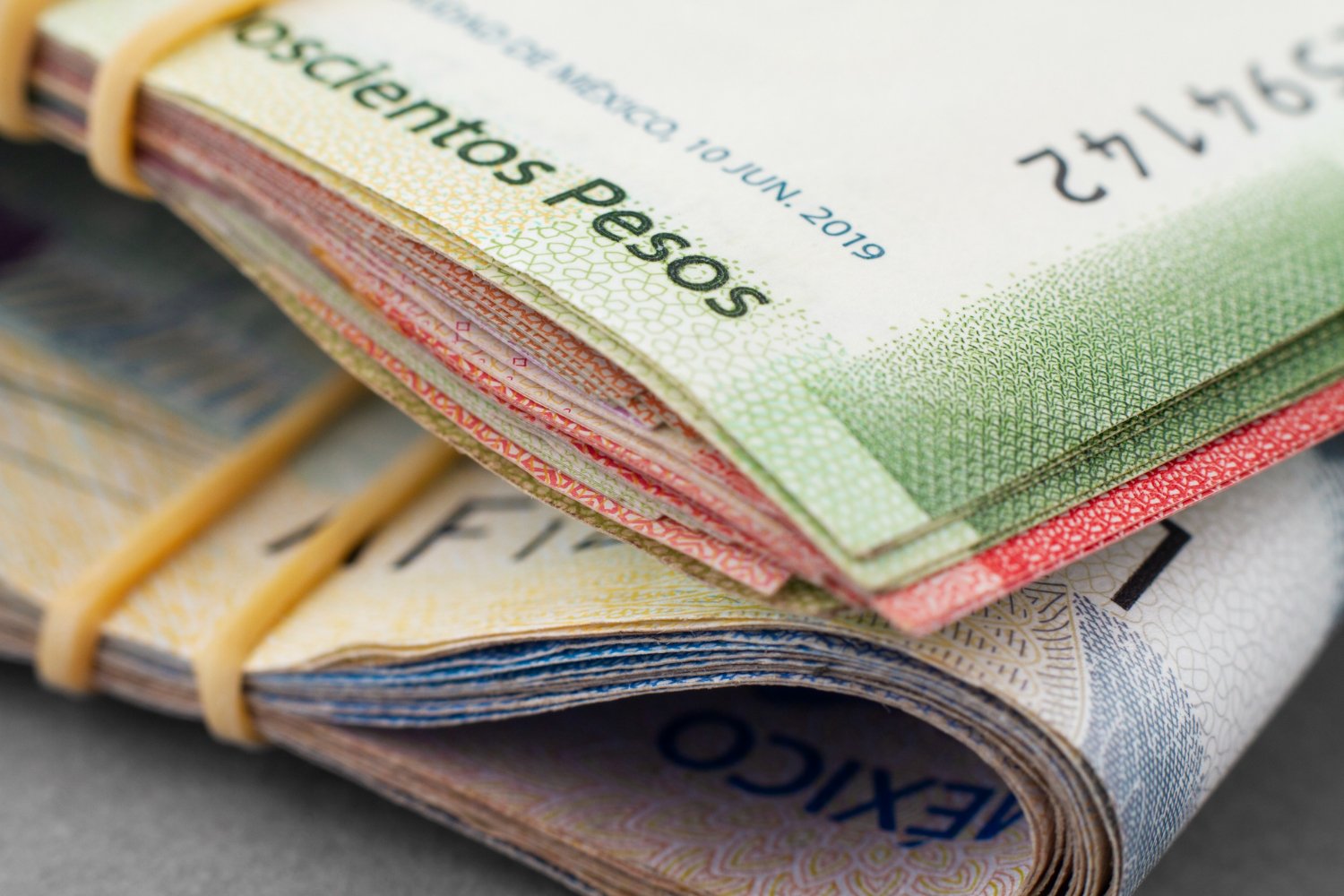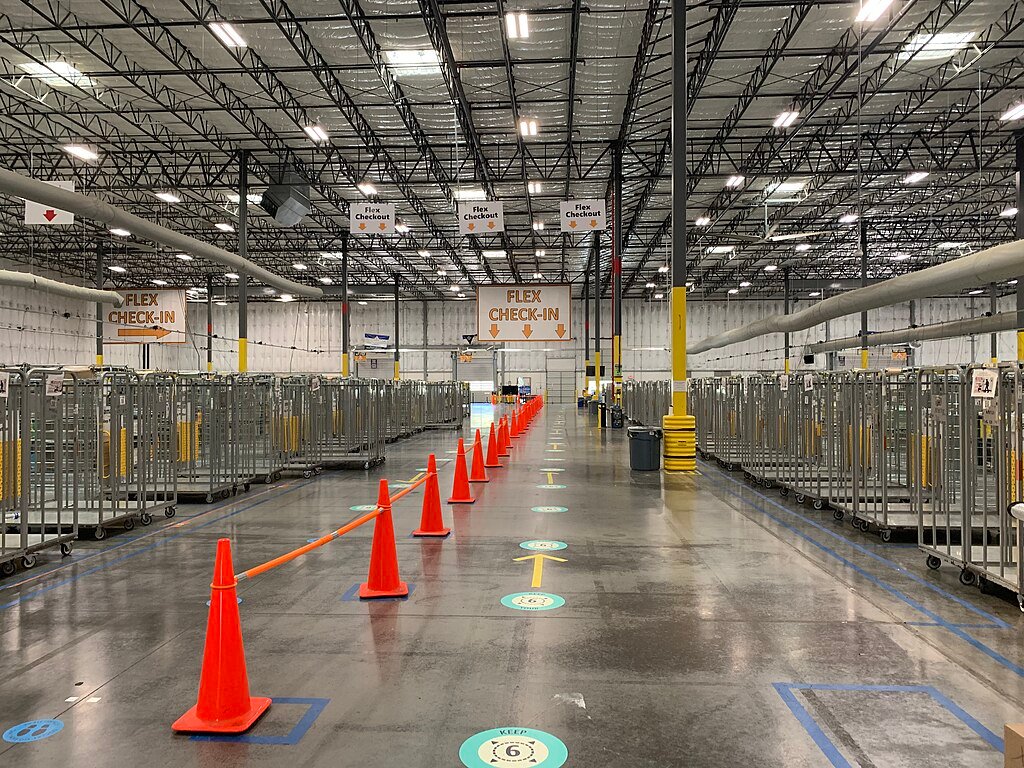
- media@moneyinfocus.news

Green Oil Recycling, a leading provider of grease trap cleaning and waste oil removal services in the greater NYC metro area, is proud to announce the launch of “Waste Oil Awareness Month” this January.
This initiative is designed to educate restaurant owners and commercial kitchen operators about the dual importance of regular grease trap maintenance and waste oil recycling to avoid costly fines, protect the environment, and contribute to renewable energy production.
Neglecting grease trap maintenance and improper disposal of waste oil can lead to serious consequences for restaurants, including hefty fines of up to $10,000 from the NYC Department of Environmental Protection (DEP), sewer blockages, environmental contamination, and missed opportunities to recycle waste oil into sustainable biodiesel fuel. Green Oil Recycling aims to help local businesses avoid these risks by raising awareness and providing the resources needed to implement effective maintenance and recycling practices.
“Many restaurant owners are unaware of the significant environmental and financial benefits of proper grease trap maintenance and waste oil recycling,” said Jacob Chechkov of Green Oil Recycling. “Waste Oil Awareness Month is about empowering businesses with the knowledge and tools to stay compliant, reduce their environmental footprint, and support the production of renewable energy.”
Throughout the month, Green Oil Recycling will share expert tips and offer free consultations to help restaurants understand their obligations and adopt best practices for grease trap maintenance and waste oil recycling. The company will also provide a downloadable compliance checklist to ensure businesses can easily meet NYC’s stringent regulations.
The Risks of Neglecting Grease Trap Maintenance and Waste Oil Recycling:
• Fines of up to $10,000: Non-compliance with DEP regulations can result in severe penalties for restaurants.
• Environmental Hazards: Blocked grease traps can cause wastewater to overflow into local waterways, harming aquatic life and contaminating drinking water. Improperly disposed waste oil can further pollute ecosystems.
• Missed Sustainability Opportunities: Recycling waste oil into biodiesel reduces carbon dioxide emissions, greenhouse gases, and asthma-causing particulate matter, contributing to a healthier environment for all.
• Costly Repairs: Clogged grease traps lead to plumbing backups and expensive emergency repairs that can disrupt operations.
How Green Oil Recycling is Helping NYC Restaurants
• Providing free consultations to assess grease trap maintenance and waste oil recycling needs.
• Sharing a comprehensive compliance checklist to help restaurants stay ahead of DEP inspections.
• Ensuring waste oil is collected and recycled into biodiesel, a clean and renewable alternative fuel used in NYC buses and government vehicles.
The Environmental Impact of Waste Oil Recycling
Green Oil Recycling has contributed to reducing millions of pounds of carbon dioxide emissions by converting waste oil into biodiesel. This cleaner-burning fuel helps power NYC’s public transportation and government operations while reducing reliance on fossil fuels. Restaurants that partner with Green Oil Recycling play a critical role in this sustainable energy movement.
Join the Movement
Green Oil Recycling invites all NYC restaurant owners and commercial kitchen operators to participate in Waste Oil Awareness Month. Together, we can protect our environment, avoid unnecessary fines, and ensure the smooth operation of NYC’s vibrant food service industry.

We are a dynamic daily channel dedicated to delivering essential insights on economics, business, and politics—empowering professionals and decision-makers to navigate a complex and fast-evolving world. Our content blends in-depth reporting, exclusive analysis, and strategic interviews to help readers stay informed, anticipate opportunities, and make smarter decisions. Connect with us at info@moneyinfocus.news
to collaborate or learn more.













